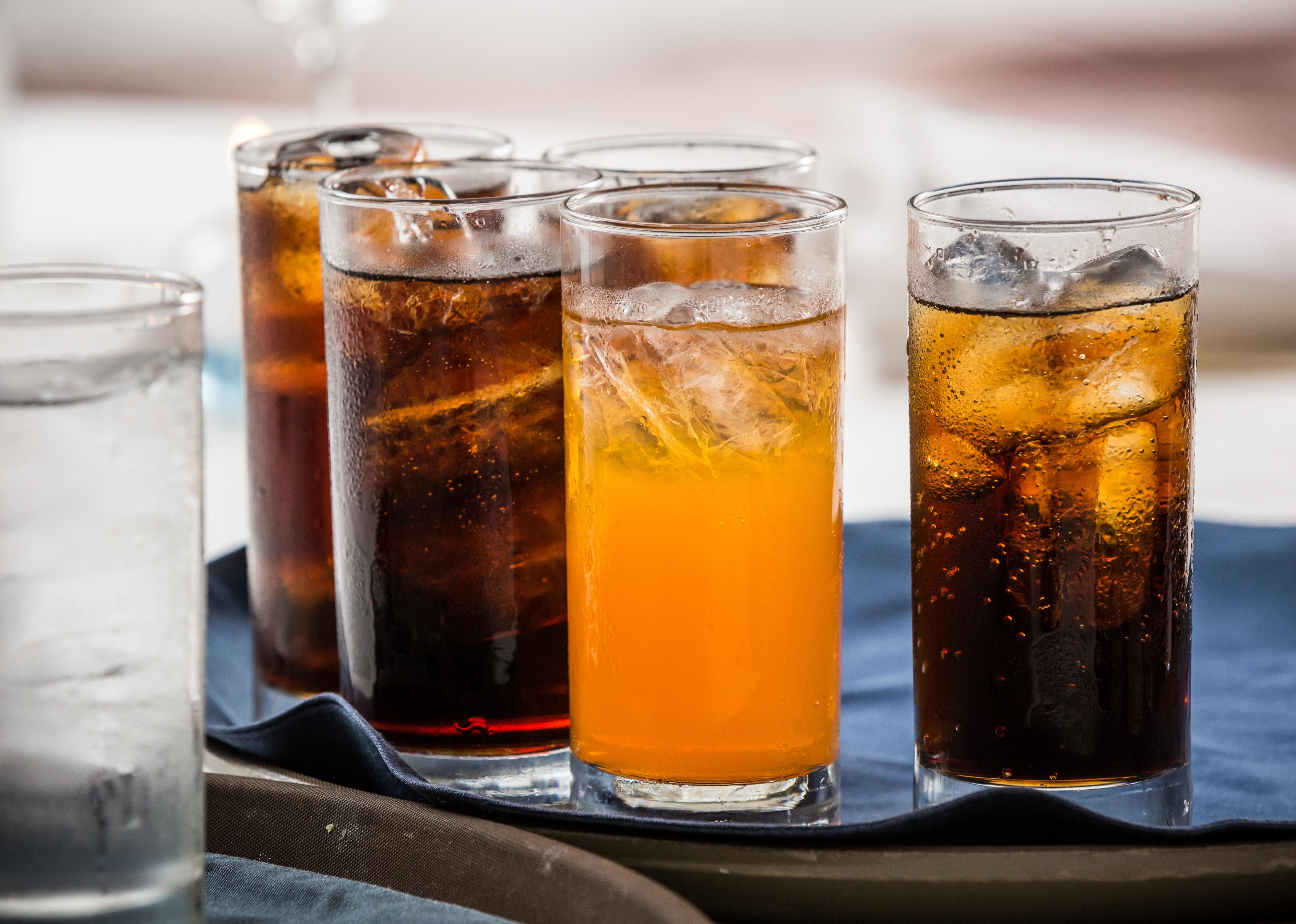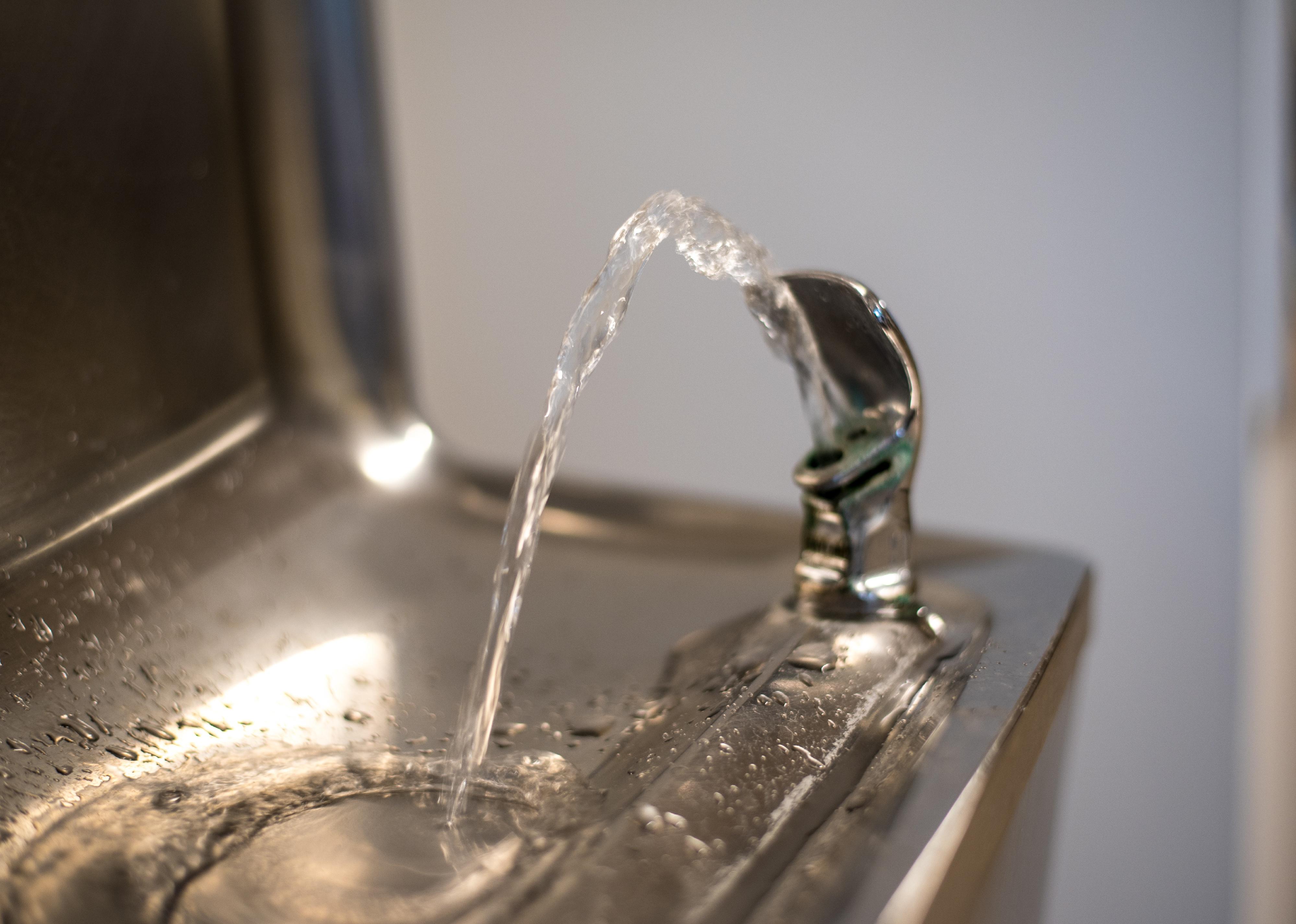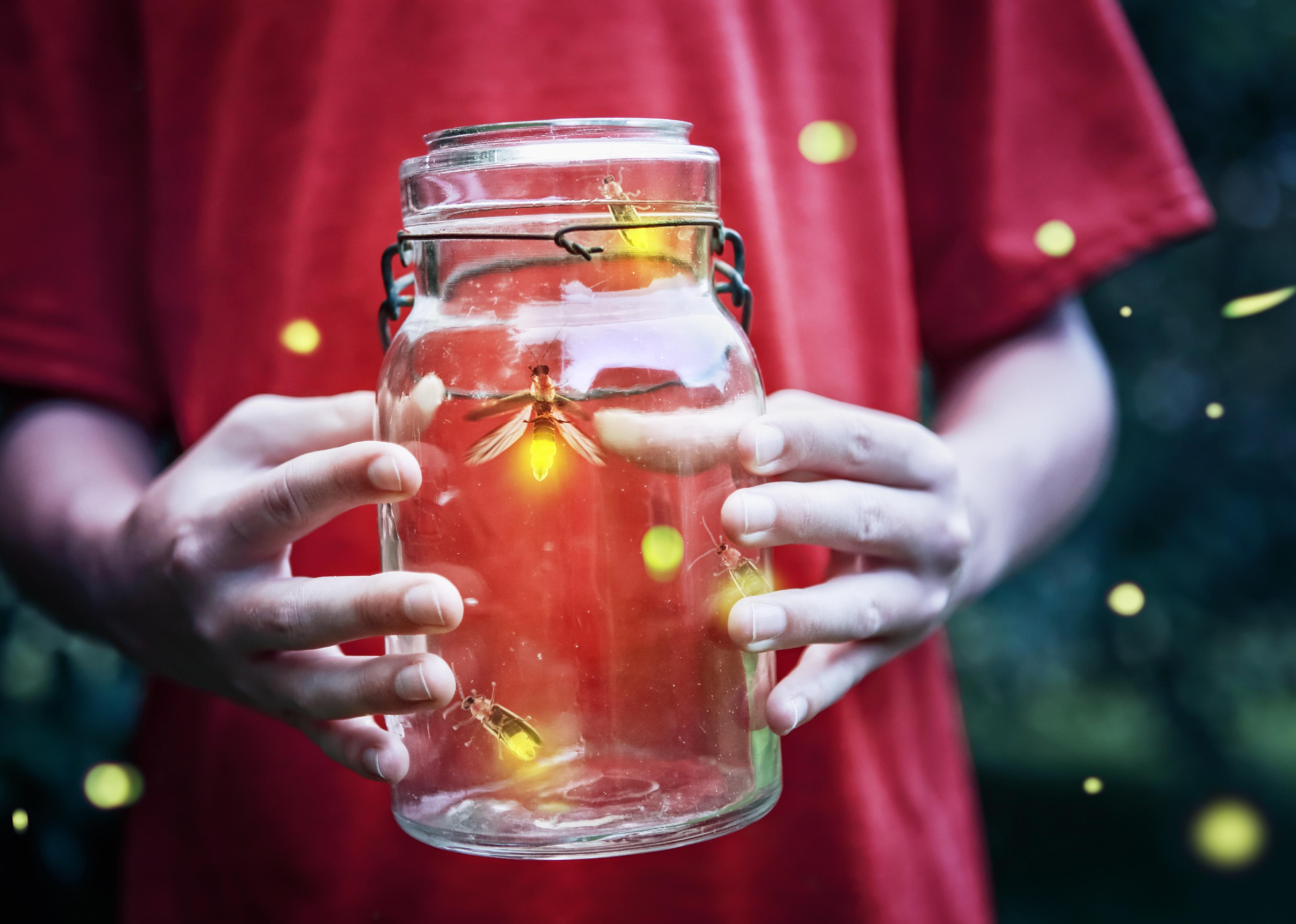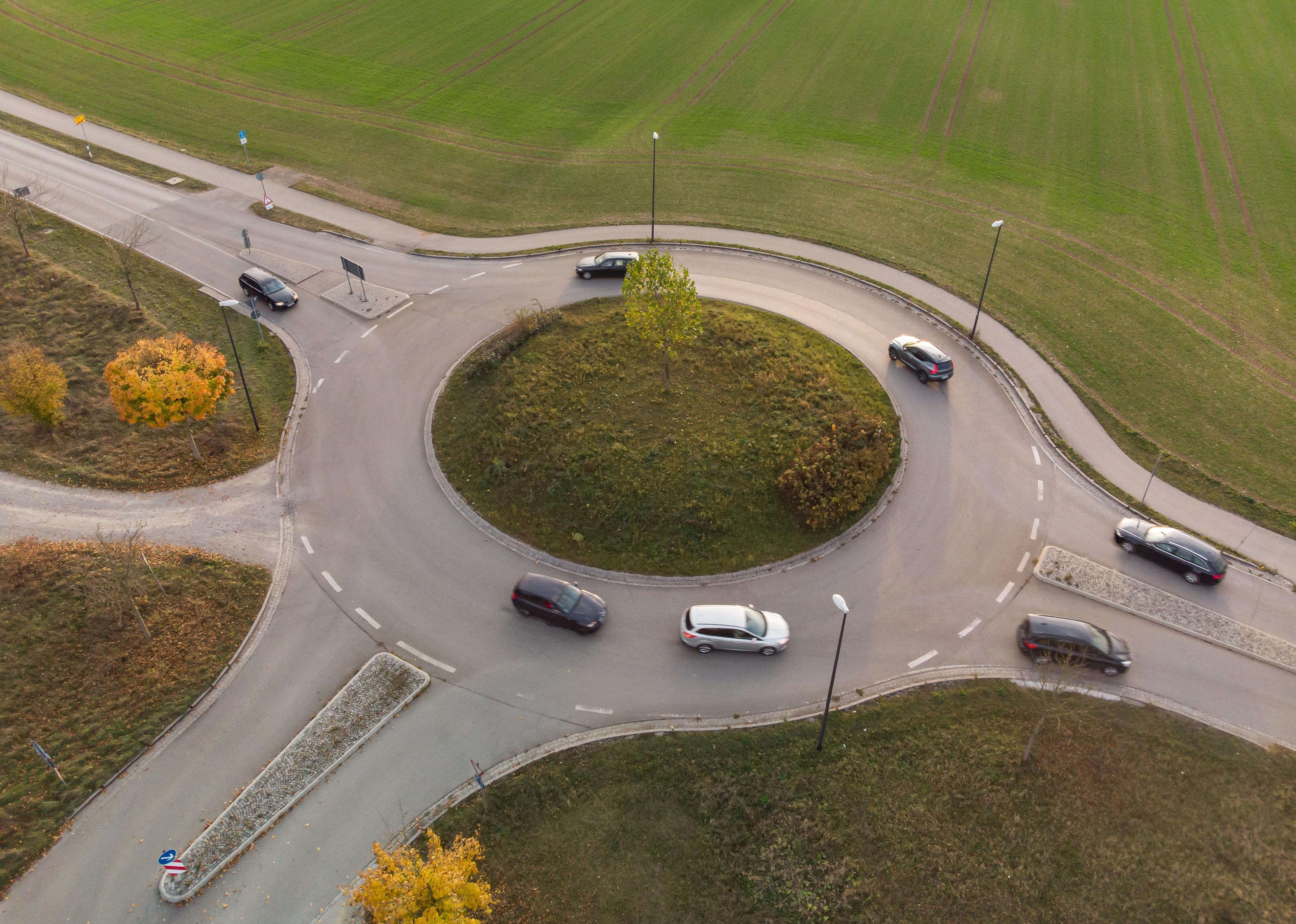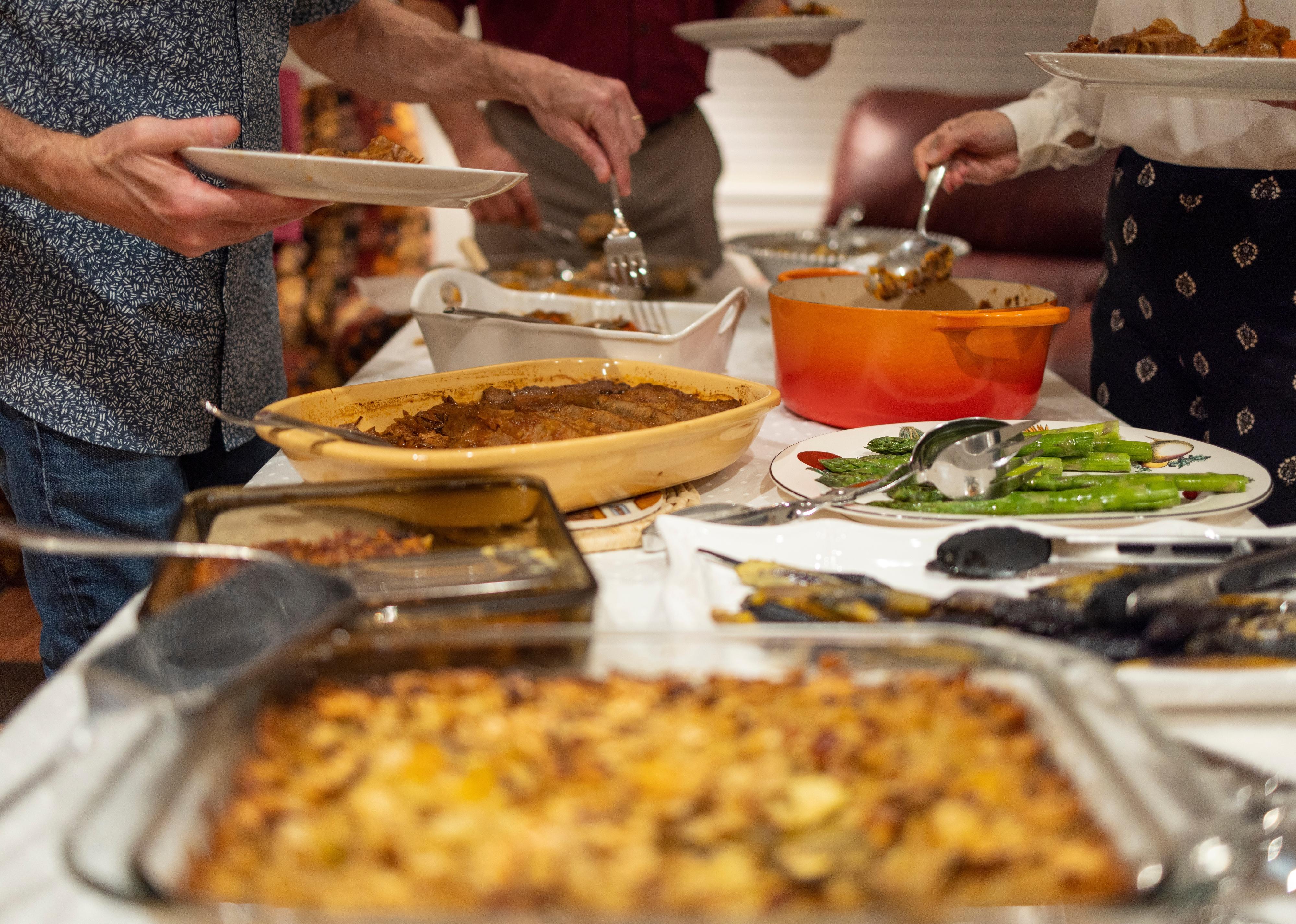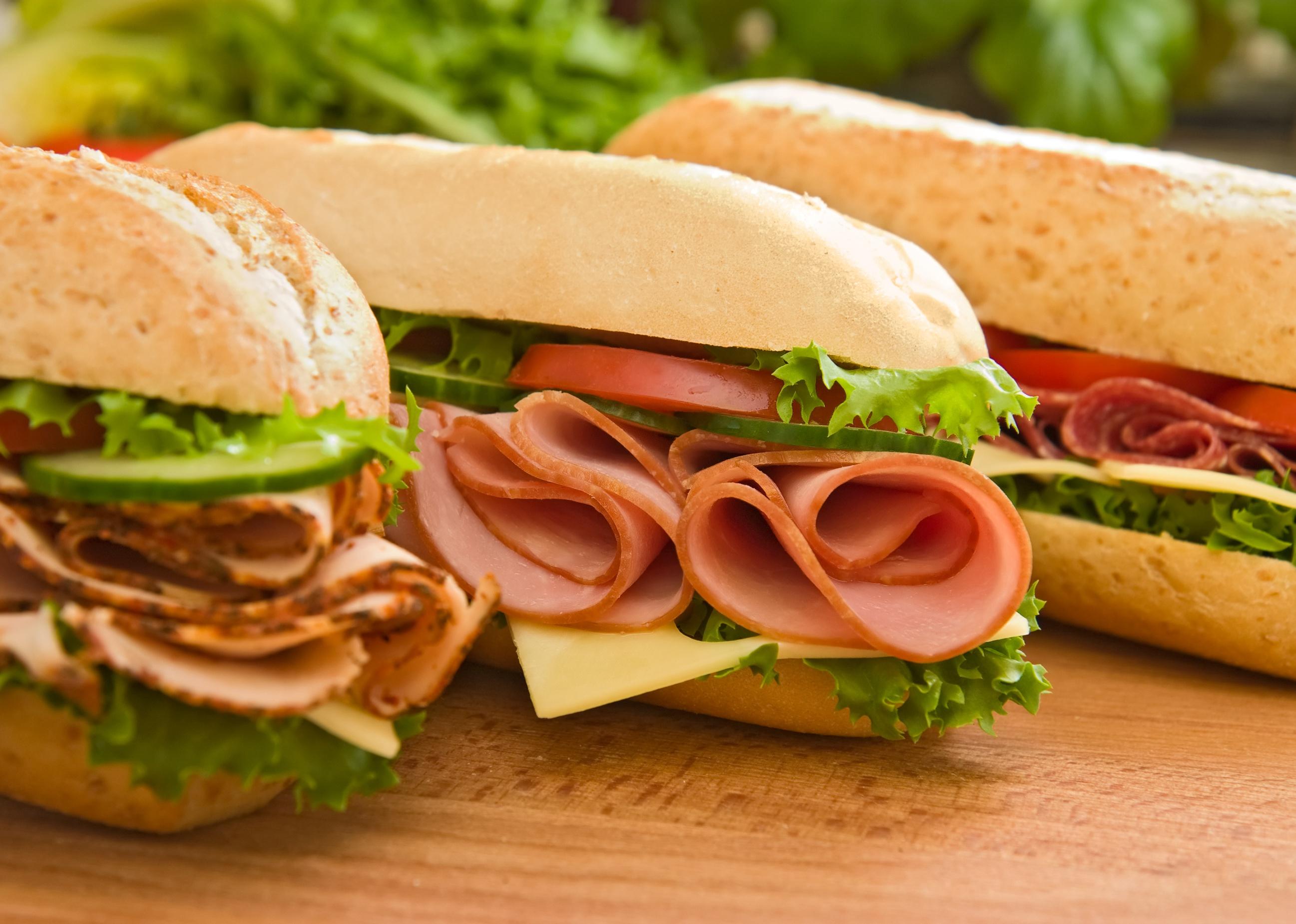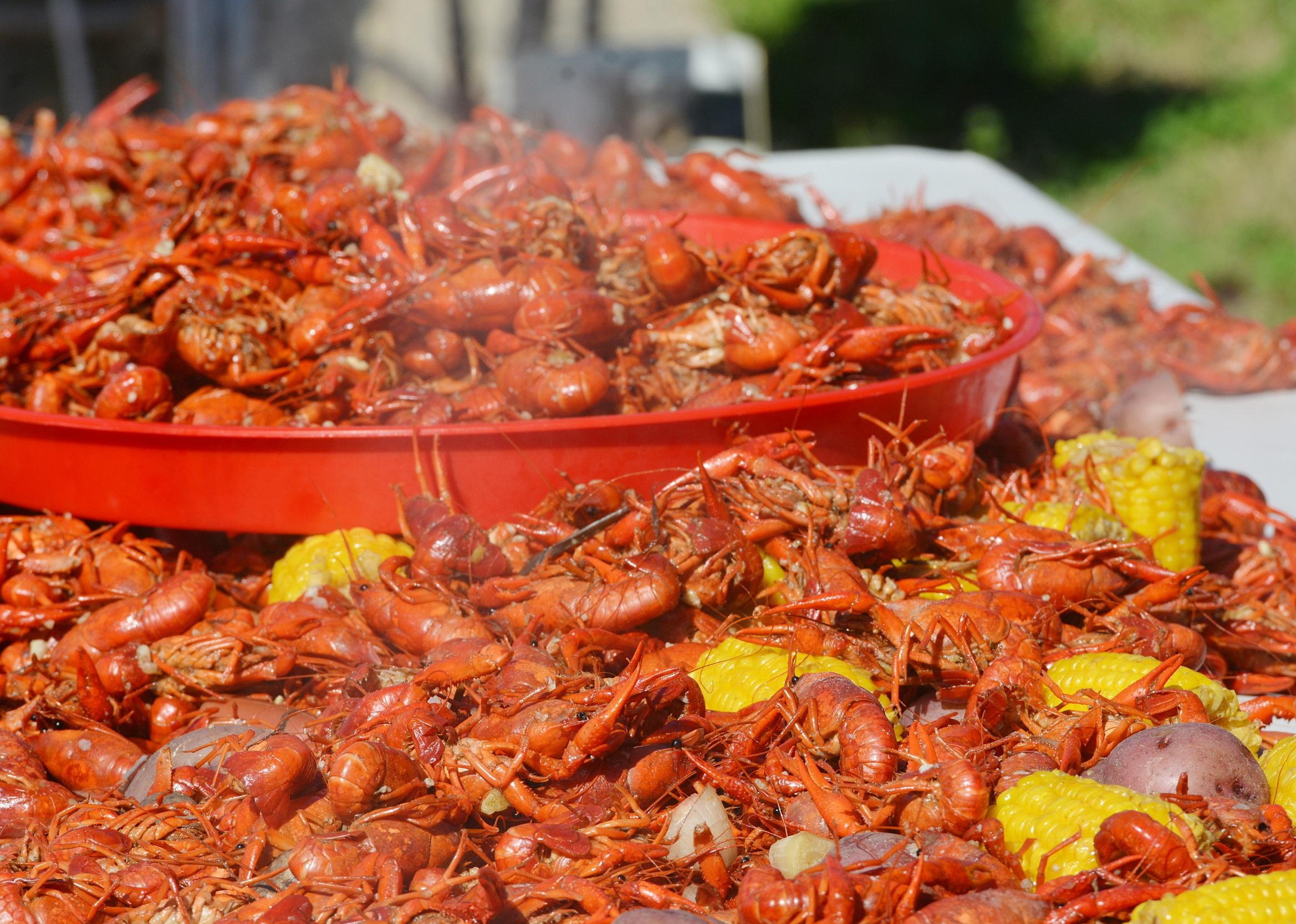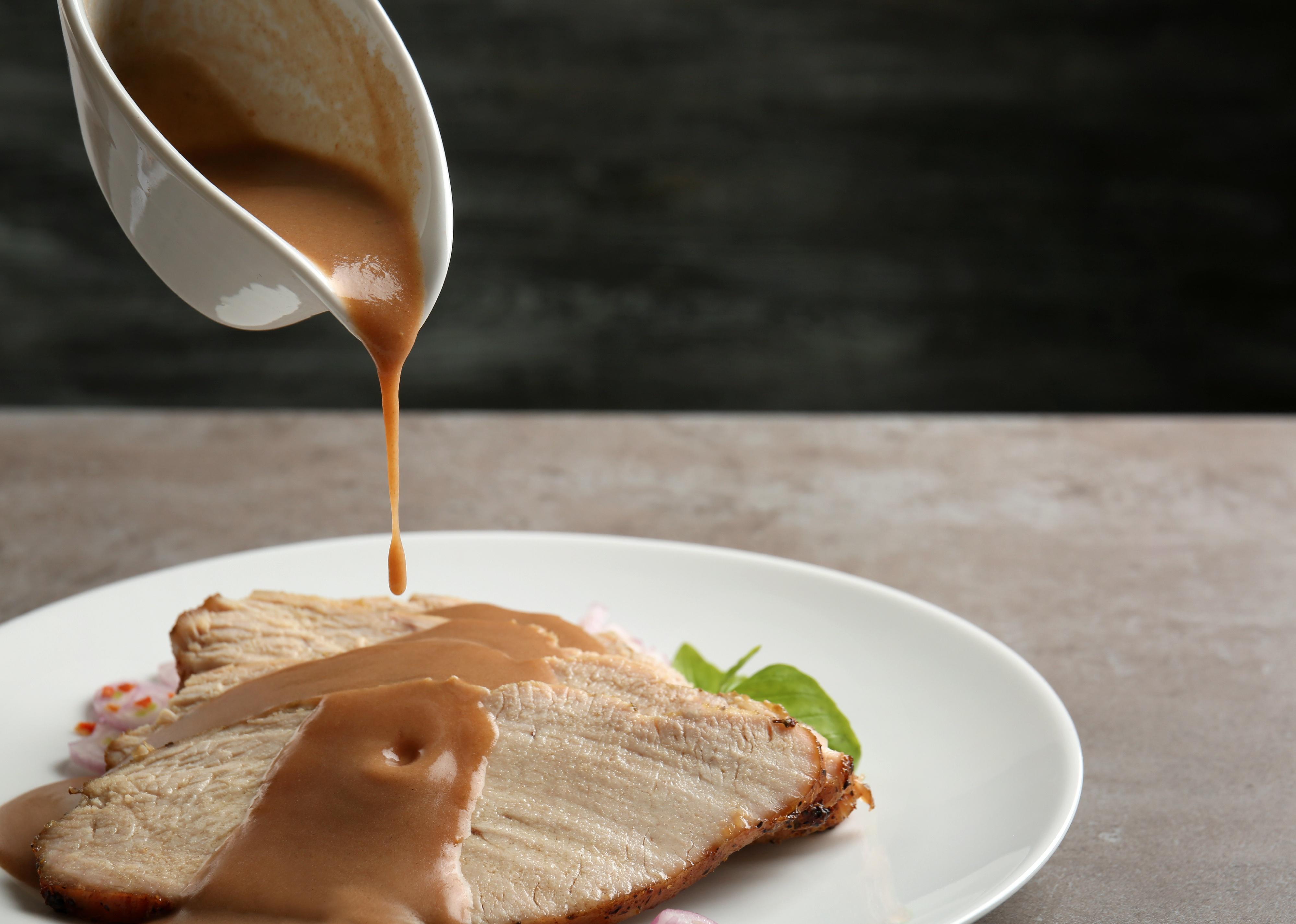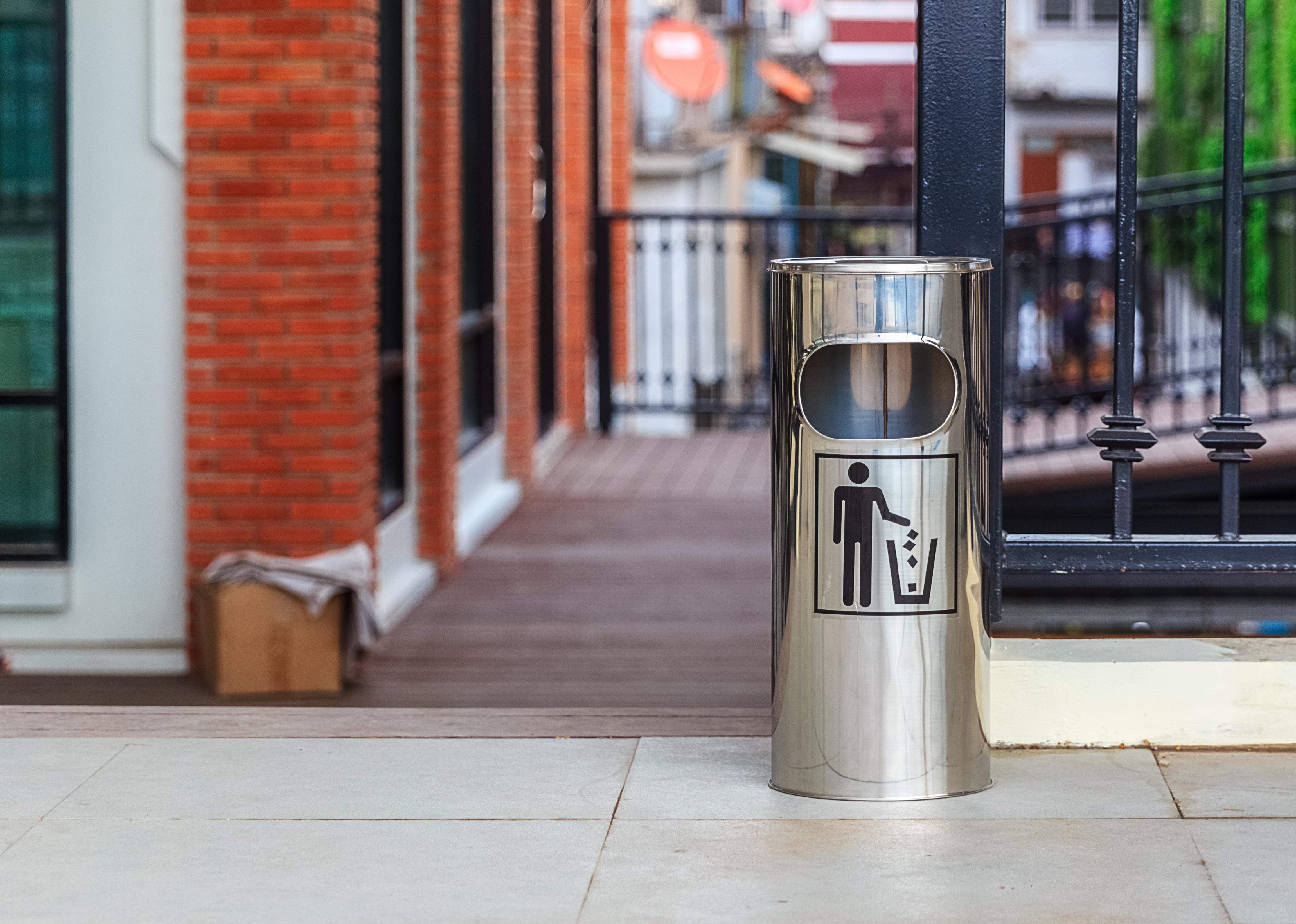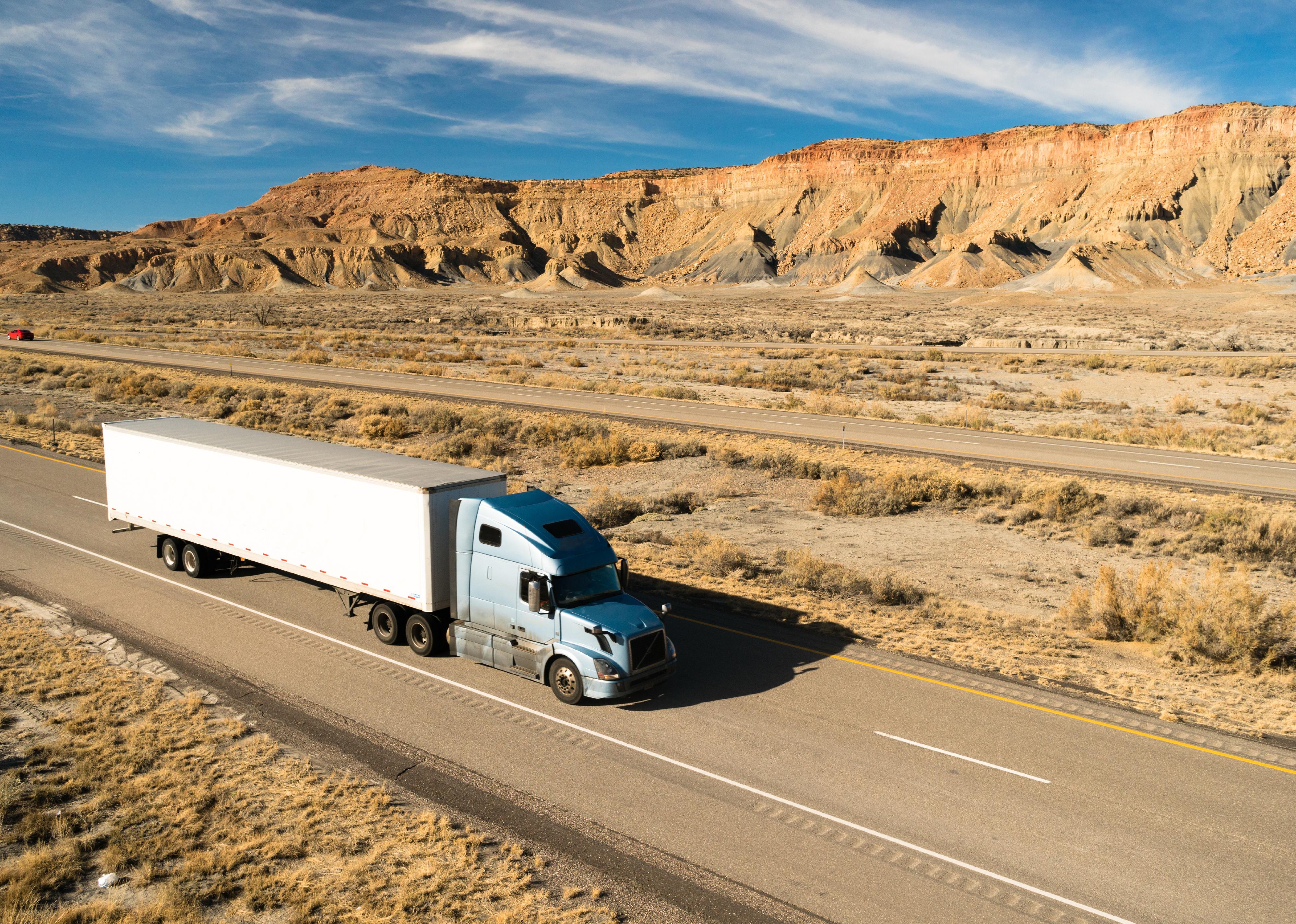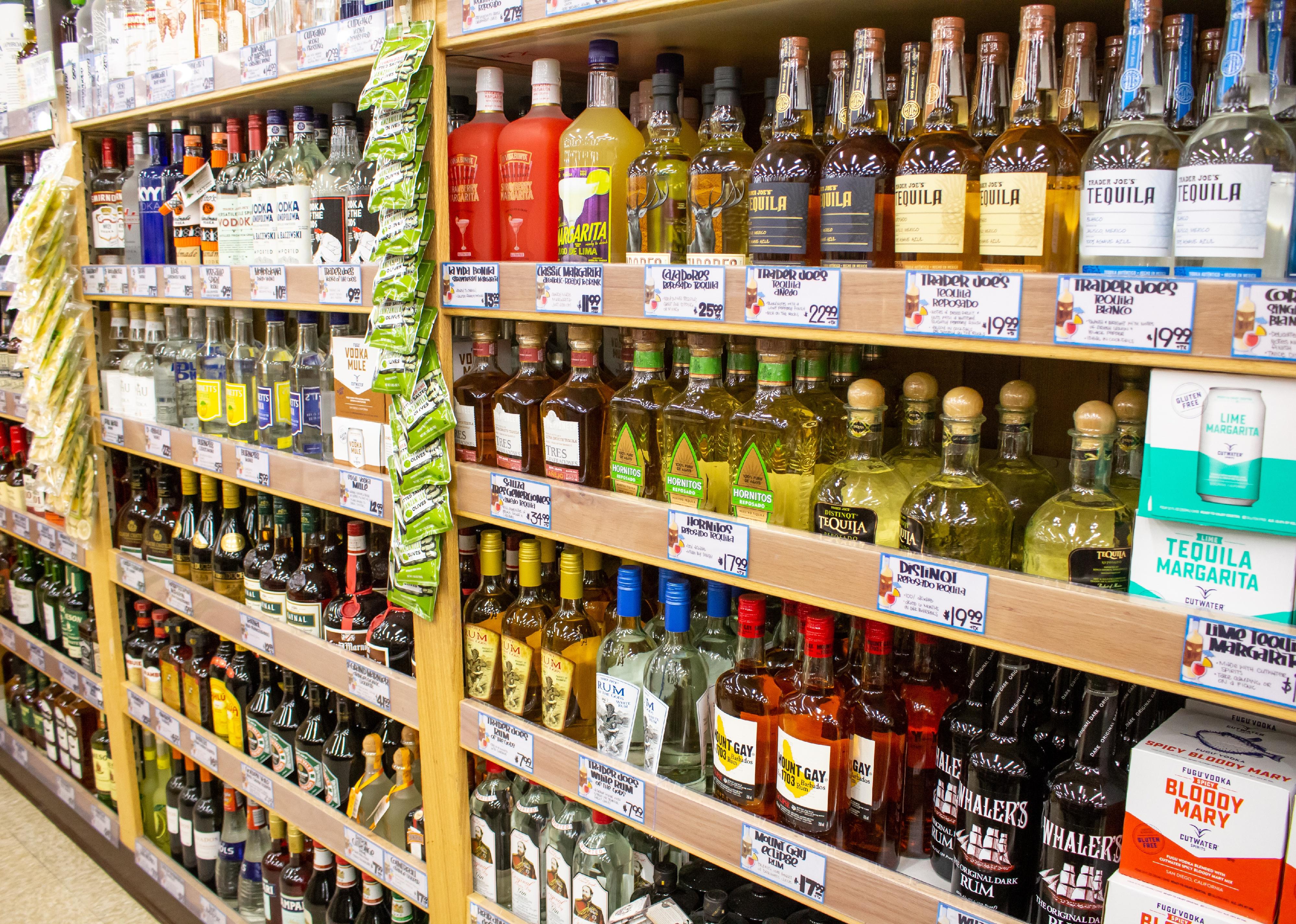25 things that have different names depending on where you live in the US
Published 4:30 pm Thursday, March 2, 2023
Suzanne Tucker // Shutterstock
25 things that have different names depending on where you live in the US
You may be familiar with the Oxford English Dictionary, but what about the Dictionary of American Regional English?
In 1965, researchers from the American Dialect Society set out on an ambitious undertaking, spending the next five years conducting in-person interviews in all 50 states in an attempt to create a comprehensive record of the different words, phrases, and pronunciations used in different areas across the country.
What they found was that there is significant variation regionally, thanks in large part to the historical patterns of immigration across the United States. For instance, as reported in a 2021 animated map that appeared in Business Insider, New York’s dialect has evolved in part from the influx of British and Dutch communities that settled there over centuries. Ulster-Scots speakers from Ireland settled in the Appalachian region to influence the language before moving to the Midwest and conjoining with Northern speech patterns. Unsurprisingly, language in the Southwest represents the proximity of English-speaking Americans to Mexican Spanish speakers.
This linguistic evolution continues today, due to another element in the population: the internet. The use of social media sites like Twitter, Instagram, and Facebook are linking previously disparate communities, allowing for the sharing of phrases and speech patterns that Americans in different areas would otherwise likely never have been exposed to on a daily basis. For instance, Americans are increasingly adopting British slang learned online, while American slang such as “Ima,” is being picked up by internet users in other nations instead of “I am going to … .”
Social media also is creating a universal dialect of its own among English speakers, with words and phrases used uniformly no matter what region, or even country, a user is from, which could impact the integration of this slang into accepted grammar.
Stacker compiled a list of 25 different things that have region-specific names from news, dictionary, and academic sources. Read on to see if the words you know and use are specific to your state, or recognizable throughout the country.
You may also like: Best place to live in every state
![]()
Darkkong // Shutterstock
Pop, tonic, coke, and soda
Soft drinks have some of the most varied terminology between regions. The drinks are most often referred to as “pop” in northern states, “tonic” in south Boston, “coke” in the southern states, and “soda,” developed from “soda water” and named for the sodium salts dissolved in the drink, elsewhere. Coca-Cola, which was invented in Atlanta, became so popular in the area that Southerners began using coke as a generic name for all soft drinks.
Veles Studio // Shutterstock
Sneakers, tennis shoes, or gym shoes
While most Americans refer to them as “tennis shoes,” residents of New England and Florida tend to call athletic shoes “sneakers,” and some in Chicago and Cincinnati refer to them as “gym shoes.” The term “sneakers” came into use around 1895, referring to the noiseless tread of the rubber-soled shoes—which allows the wearer to sneak up on others.
Joseph Thomas Photography // Shutterstock
Water fountain, drinking fountain, or bubbler
Across Southern, Midwestern, and Northeastern states, it’s a water fountain; in the Western states, it’s a drinking fountain; and in Rhode Island, Massachusetts, and parts of Wisconsin, it’s a “bubbler,” a term first used in Milwaukee newspapers in the early 20th century. It is thought to have spread in popularity in part because of marketing materials from the Kohler Company, which manufactured a bubbling valve to provide a continuous flow of water for drinking.
Suzanne Tucker // Shutterstock
Firefly or lightning bug
If you reside in a Western state, you probably recognize the scientifically identified Lampyridae more commonly as a firefly. If you are from a Southern or Midwestern state, you may know it as a lightning bug. Both nicknames refer to the species’ bioluminescent underbellies.
Have a nice day Photo // Shutterstock
Carriage or buggy
A grocery cart is commonly called a “carriage” in Northeastern states, while many in the South and Midwest instead use the word “buggy.” Buggy was first used in London in the late 18th century as slang for four-wheeled carriages pulled by horses. In the decades since, it has been used to describe a variety of similarly structured vehicles used to cart humans, goods, or both.
You may also like: Bizarre slang words and phrases from every state
Rodion Kutsaev // Shutterstock
Lollipop or sucker
“Lollipop” is the Northeastern term of choice for candy on a stick, while Southerners and Midwesterners are more partial to “sucker.” The former is thought to have begun as a Northern English slang term for “tongue slap,” invented by Brits selling the candy on the streets.
Cloud Cap Photography // Shutterstock
Heel, end, crust, or butt
The piece at the end of a loaf of bread goes by many names across the United States—”heel” across every region; “end” in New England, the Midwest, and Southeast; “crust” in the northern states; and “butt” in some parts of the East Coast and Great Lakes area. While heel, end, and butt all make straightforward physical comparisons, “crust” requires a bit of explanation. It derives from the 13th-century French word “crouste” and Latin word “crusta,” meaning “rind,” “shell,” and “bark.”
Africa Studio // Shutterstock
Milkshake or frappe
“Milkshake” is universally used across the United States, except in New England, where the same drink is referred to as a “frappe.” You may still hear the term milkshake in New England, but there, it refers specifically to chocolate milk, not the blended ice cream beverage. It is unclear when and why the term frappe made its way into the Northeastern lexicon, but it is speculated that French Canadian workers in New Hampshire and Massachusetts may have had an influence.
Gulliver20 // Shutterstock
Roundabout, traffic circle, or rotary
What those in the West and in the South call a “roundabout,” those in the East and Midwest would recognize as a “traffic circle,” while still others in the Northeast would say “rotary.” Outside of the Northeast, the word “rotary” is most commonly associated with Rotary Clubs, and the origin of that term also provides insight into its use in driving terminology. The first Rotary Club was founded in Chicago in 1905 and so-named for its rotation of meeting places, the same physical movement enacted in traffic.
EBPhoto // Shutterstock
Sprinkles or jimmies
“Sprinkles” would be a totally ubiquitous word for this dessert topping, if it weren’t for the New England term “jimmies.” There are many inaccurate urban legends surrounding the origin of the Boston-area nickname, including that it emerged from the Jimmy Fund, a youth cancer charity, or various ice cream shop patrons who were particular fans of the treat. In reality, it is more likely that the name came from the Just Born candy company and the employee who created the confection.
You may also like: Best beers from every state
Cabeca de Marmore // Shutterstock
Carry-in or potluck
It’s not unusual to receive an invitation to a dinner where every guest brings a dish to share, but what state you live in can change what it’s called. Throughout the country, it’s commonly known as a “potluck,” a familiar term. But in the states of Ohio, Missouri, Indiana, Illinois, and Michigan, it can also be referred to as a “carry-in.” The origin of the potluck goes all the way back to the Middle Ages, when it was first used to describe inns that fed unexpected guests the leftovers from a pot; this was referred to as eating from the “luck of the pot.”
Africa Studio // Shutterstock
Frosting or icing
Most Americans recognize either “frosting” or “icing,” as the sweet stuff atop a cake, but the term frosting is slightly more common on the Pacific coast, in the Northeast, and in the Midwest. Icing is so-called because of how sugar granules resemble ice pellets.
Studiotouch // Shutterstock
Submarine or hoagie
There are many terms for a sandwich made on a long loaf of bread, including “po’ boy” and “hero,” but the most popular names are “submarine” and “hoagie.” Calling these sandwiches “subs” is most popular nationwide, while “hoagie” is most commonly used in Pennsylvania. The name is thought to have come from Italian immigrants in Philadelphia working at the Hog Island shipyard during the first World War. They dubbed their sandwiches “hoggies,” which later evolved into hoagies.
TTstudio // Shutterstock
Freeways or highways
Most people in the United States call them “highways”—but those on the West Coast are more likely to call them “freeways.” The two terms are slightly different. While every freeway is a highway, the reverse is not true. A freeway is a highway on which high-speed traffic is permitted, while a highway is a general term for multilane thoroughfares that may or may not have lower speed limits than a freeway.
Chuck Wagner // Shutterstock
Crayfish, crawfish, or crawdad
To those in northern states, they’re crayfish; to those in the South and on the East Coast, they’re crawfish; and finally, to those in the Midwest, California, and Oregon, they’re crawdads. The word crayfish evolved from the Middle English word “crevis.” Crawdads are also called “crawdaddies” or “crawdabs” in some areas.
You may also like: Most fast food friendly states in America
Africa Studio // Shutterstock
Gravy or sauce
Most Americans define ‘”gravy” specifically as the broth-based dressing that is poured over turkey and mashed potatoes at Thanksgiving. Among communities of Italian Americans across the country, however, “gravy” can refer to tomato sauce used in pasta dishes. One theory is that Italian immigrants new to the United States may have started using the word “gravy” to assimilate into American culture.
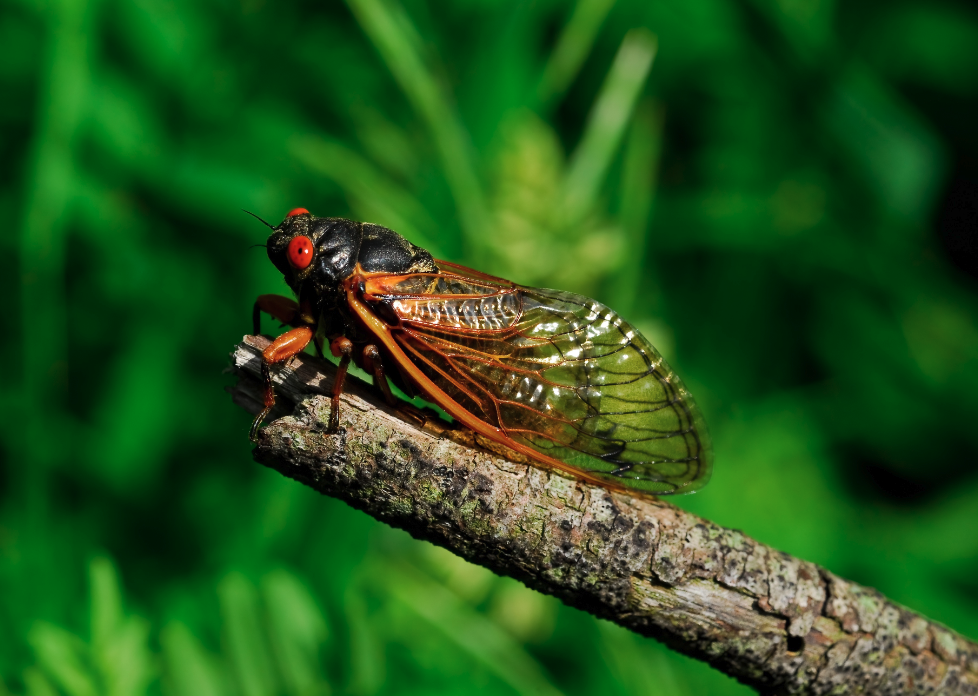
Georgi Baird // Shutterstock
Cicada, August fly, or jar fly
They are from the family Cicadidae, but they’re commonly known as August flies in the Northeast and Midwest; jar flies in Appalachia; and cicadas elsewhere. The word “cicada” is Latin for tree cricket, referring to the species’ trademark buzzing noise. August fly was once popularly used to identify the bug since it was most audible in August.
Suzanne Tucker // Shutterstock
Yard sale, garage sale, tag sale, or rummage sale
Most Americans call it a yard sale or garage sale, but in some areas of Massachusetts, Connecticut, or eastern Wiscsonsin, the names “tag sale” or “rummage sale” could be used instead. Rummage sale was first used to refer to sales meant to raise money for charity in the 1960s, before being applied more generally. Throughout the 1970s, an increasing number of sales being held in front yards and from inside homeowners’ garages led to the terms “garage sale” and “yard sale” increasing in popularity.
A.Punpleng // Shutterstock
Garbage can or trash can
Both names for these receptacles are popularly used, but those in the Pacific Northwest tend to use garbage can while those in Southern states favor trash can. “Trash” was originally used to refer to sticks, twigs, and other debris found under trees. On the other hand, “garbage” came into use in the 15th century to refer to excess parts of a fowl not able to be used in meals.
Real Window Creative // Shutterstock
Semitruck, tractor-trailer, or 18-wheeler
Your choice of a hyphenated term largely depends on your region. In the Northeast, most call it a tractor-trailer; in the South, an 18-wheeler; and in other areas, it is known as a semitruck. It may seem like a misnomer to call this large vehicle a semitruck, seemingly indicating it is of partial size only, but this term is actually short for “semitrailer truck” or “semitractor-trailer.” This refers to the fact that while a regular trailer has four wheels and can be pulled by another vehicle in front of it, a semitrailer only has rear wheels and must be attached to the back wheels of a tractor to move.
You may also like: Pets banned in every state
Marc Bruxelle // Shutterstock
Pothole, chughole, or chuckhole
Whether you call it a pothole, as in the Northeastern states; chughole, as in the South, especially Kentucky; or chuckhole, if you live in California, Nevada, Ohio, Pennsylvania, Indiana or Florida, the headache experienced from driving over one is likely the same. Chuckhole may have been born from “chock,” a word used in the 16th century meaning to “give a blow under the chin.”
Kvitka Fabian // Shutterstock
Goosebumps or duck bumps
The small bumps that appear on the skin when one is cold or frightened got their name because they look similar to poultry skin after it has been plucked of feathers. So although people across America call them “goosebumps,” and those in northern states call them “duck bumps,” they could just as easily call them “turkey bumps” or “chicken bumps.”
Teri Virbickis // Shutterstock
Stone, pit, or kernel
What’s in a peach? If you live in central or southern Atlanta, or any of the Gulf states, you’ll find a “kernel” buried in the center of a peach. But those who eat their peaches in the Pacific Northwest or in northern states, get rid of their “pits.” While those across the country refer to the seeds as “stones,” the term is most commonly used in the Midwest states. Regardless of the term you use, it’s good to know that you can grow your own peach tree right from your favorite kitchen.
The Image Party // Shutterstock
Liquor store, party store, packie, or state store
The wide variety of liquor laws from state to state has historically influenced whether it is referred to as a “liquor store,” a “packy” (in New England and South Carolina), a “state store” (in Pennsylvania(, or a “party store” (in Michigan). “Party store” developed as a term in states that allowed for privatization of liquor sales. “Packie” refers to the “package stores” of the late 1800s, which wrapped up shipments of alcohol to make use of a legal loophole forbidding police to seize alcohol still in its original package.
Brian A Jackson // Shutterstock
Faucet or spigot
To those in northern states, water is poured into a glass through a faucet; to those in southern states, it’s called a spigot. The former term came from a medieval French word “fausset,” which referred to the pegs used to open vent airways.
You may also like: States with the most registered hunters



